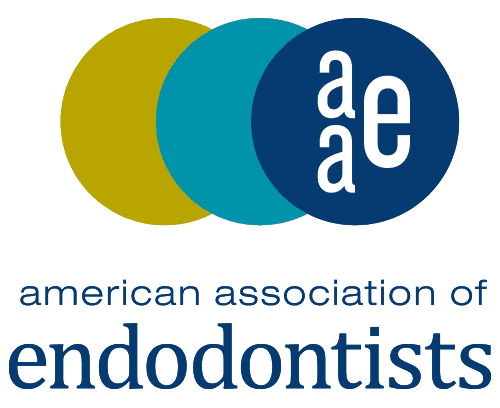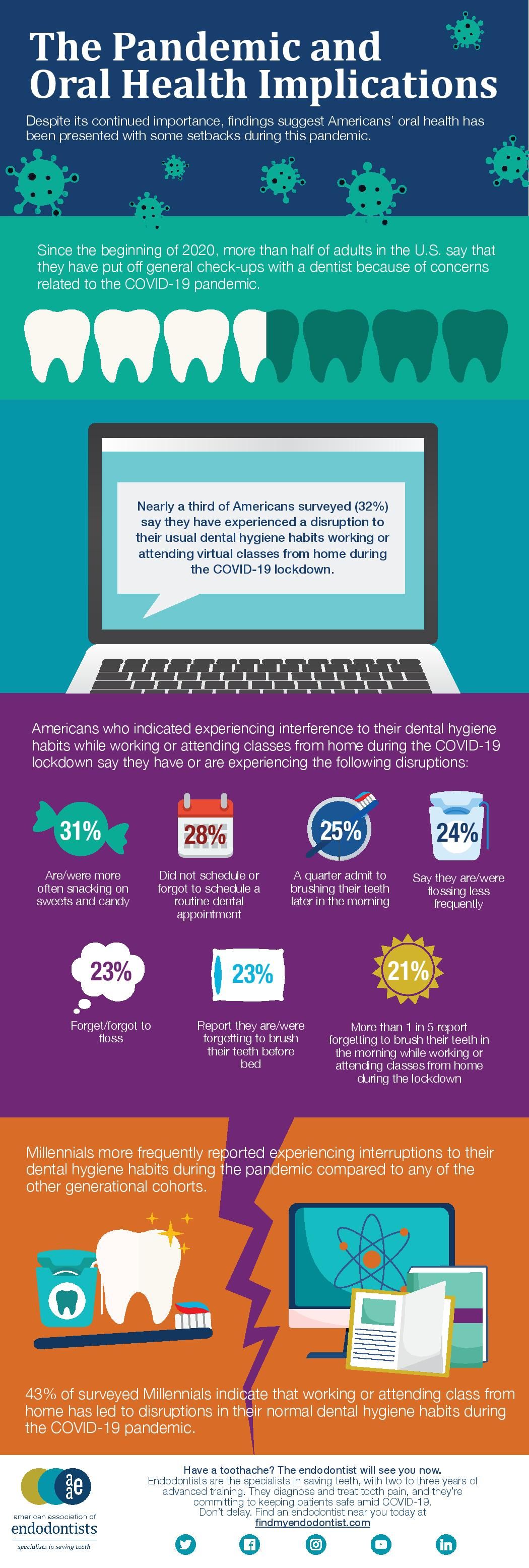AAE survey finds that pandemic has disrupted oral healthcare

A new survey from the American Association of Endodontists (AAE) found that half of Americans say the coronavirus disease 2019 (COVID-19) pandemic has caused them to put off general dental check-ups. The pandemic is also taking a toll on those working or studying remotely when it comes to changes in their daily oral hygiene routine, the study also found.

This delay in dental check-ups can lead to serious oral health problems, a statement from the AAE read. The study found that 28% didn’t schedule or forgot to schedule a dental visit, while 1 in 4 said they waited until later in the morning to brush their teeth and 21% didn’t brush in the morning at all. There was also a major drop in reported flossing, with 24% of survey respondents saying they’re flossing less frequently and 23% report not flossing at all. 31% also said they were snacking more on sweets.
“If you’re suffering with a toothache that wakes you up out of a sound sleep at night, or because you’re eating hot or cold food, you need an endodontist,” said Alan H. Gluskin, DDS, AAE president. “You should not delay treatment.”
Millennials reported more experiencing dental disruptions more frequently, with 43% of respondents reporting that working from home or attending virtual classes from home led to disruptions to their usual dental hygiene habits during the COVID-19 lockdown. This trend did not carry over, however; 60% of total respondents said they would make a dental appointment if they experienced tooth pain that did not lessen.
The survey also asked about tooth loss versus procedures to save a bad tooth, with 4 out of 5 reporting that it’s better to go with a root canal than an extraction. The AAE’s statement stresses the importance of continuing to seek professional help when it comes to tooth pain, and that endodontists are using extreme caution and safety protocols to keep patients safe. It’s also important to keep emergency rooms clear, so patients should make appointments with dental professionals versus calling 911 in the event of a dental emergency.
For more information on this survey, visit aae.com/patients.